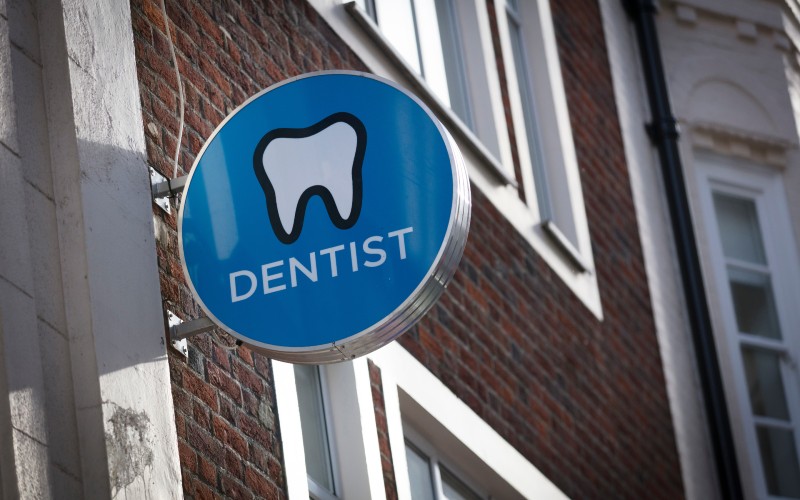
We have looked in previous articles at the issues which practices need to consider when they operate as a limited company, known in the dental world as a Dental Body Corporate (DBC). Don’t worry, we’re not going to bore you with all that again. However, one area which isn’t often considered until very late in the day as what the sale of a practice looks like when it operates as a DBC.
When a practice is a DBC, there are 2 options for sale:
- The DBC itself can sell its goodwill and assets, in the same way as any other practice could. Post sale, the DBC is then likely to be wound up and the funds extracted for the retired dentist shareholders. We would call this a goodwill and asset sale.
- Alternatively, the retiring dentists can sell their shares in the DBC to the purchaser, thus giving the purchaser control of the DBC and, by extension, the goodwill and assets. Often known as a share sale.
These alternative routes are quite different in a number of ways, and it is very important to differentiate between these options and to consider in conjunction with your accountant and lawyer which route you wish to go down. This shouldn’t be left to the last minute, it should be discussed with your advisers well in advance of the desired sale date.
Why Does it Matter?
The key aspect which generally decides which route a seller wishes to take is tax. Depending upon the figures involved, and a number of other factors, a share sale can bring very significant tax savings for the seller compared to a goodwill and asset sale. Without getting too technical, in a share sale there is one sale which brings about one amount of tax in the hands of the dentist. This contrasts with a goodwill and asset sale where both the DBC and the retiring dentist are likely to end up with a tax bill.
So I’ll Do a Share Sale Then
That route tends to be favoured by sellers. The tax saving is very attractive to most. However, purchasers tend not to want to buy a DBC, at least not where they fully appreciate the distinction. The key here is that in buying the DBC itself, they inherit any issues from the past, including any liabilities owed to third parties, tax liabilities, and so on. That doesn’t happen in a goodwill and asset sale, where the vast majority of liabilities from the past remain with the seller. When advising a potential purchaser of a practice, we tend to advise that they seek to avoid having to purchase a DBC and instead seek an asset purchase.
In turn, because the purchaser is taking on more risk in buying the DBC, they generally wish to carry out a much greater level of diligence, including detailed financial and tax diligence. This makes the whole process of buying and selling more involved, with the legal documentation being significantly more lengthy and complex, and increasing the professional fees for both parties.
However with the right input from advisers who are experienced in dental practices, specifically in buying and selling DBCs, the purchaser and seller can hopefully manoeuvre their way through the deal.
It is very important, if you wish to do a share sale, that you are clear with prospective purchasers from the off. We have seen deals stall in the past when terms have been agreed but the purchaser isn’t clear that the seller wishes them to buy their DBC. When they realise that, it can cause them to reconsider.
In turn, the price isn’t quite as straightforward when doing a share sale. Unlike a goodwill and asset sale where the price of everything is agreed, and there is very little movement in that, with a share sale the price needs to reflect the precise financial position of the DBC at the point of sale. When someone buys a DBC it will have cash in it (bearing in mind that is the DBC’s money, it doesn’t belong to the seller). It will also have debtors (such as NHS schedules due for payment, patient debts, etc) and it will have creditors such as suppliers, associate pay, tax, and so on. So it isn’t as simple as placing a price tag on the goodwill and assets, more detailed financial mechanics are required to protect both purchaser and seller.
All of this may sound fairly complex and unattractive to either party. That may be the case, but with the number of practice which have become DBCs over the last 15 years, the sale of DBCs is likely to become more common going forward.
With the right advice, sellers and purchasers shouldn’t discount a share sale, but it is incredibly important that they recognise the key differences and are armed with full knowledge of what they are undertaking.
